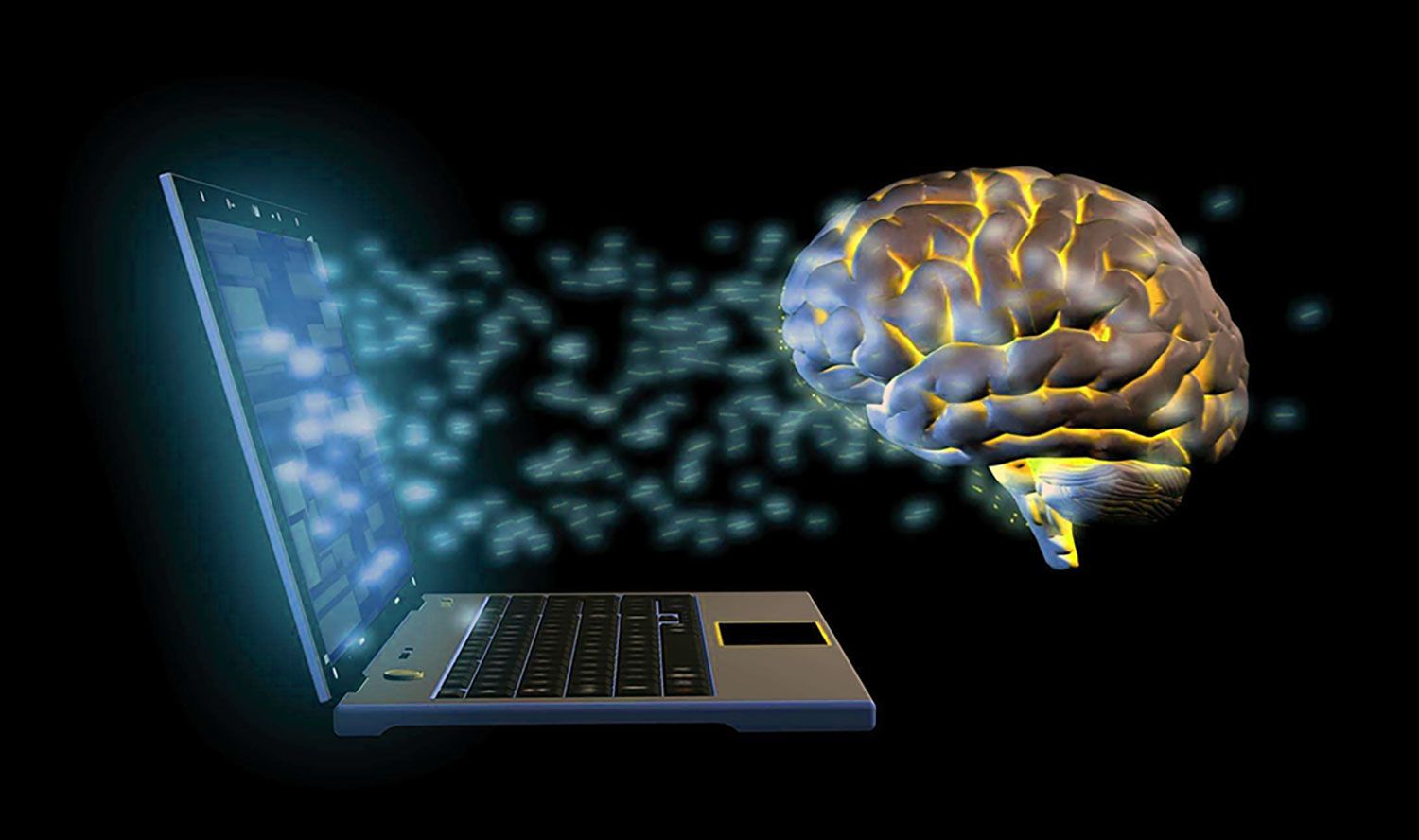Introduction: Within the field of technological progress, the notion of Brain-Computer Interfaces (BCIs) is indicative of humanity’s unwavering quest to combine computational power and biological intellect. Beyond science fiction, BCIs are progressively becoming actual, useful technologies that could completely change a number of elements of our life. As we learn more about this cutting-edge field, software development presents both daunting obstacles and exciting new opportunities.
In the realm of technological innovation, the concept of Brain-Computer Interfaces (BCIs) stands as a testament to humanity’s relentless pursuit of merging biological intelligence with computational power. BCIs have transcended the realm of science fiction, gradually manifesting into tangible tools that have the potential to revolutionize various aspects of our lives. As we delve deeper into this cutting-edge field, we encounter both formidable challenges and promising new horizons in software development.
The Promise of BCIs:
Brain-Computer Interfaces hold immense promise in enhancing human capabilities and transforming the way we interact with technology. By establishing a direct communication channel between the human brain and external devices, BCIs enable individuals to control machines, navigate virtual environments, and even communicate without the need for traditional interfaces such as keyboards or touchscreens.
Moreover, BCIs offer unprecedented opportunities in healthcare, empowering individuals with disabilities to regain mobility and independence. From assisting individuals with paralysis to operate prosthetic limbs to enabling communication for those with speech impairments, BCIs have the potential to significantly improve the quality of life for millions worldwide.
Challenges in Software Development:
Despite the groundbreaking potential of BCIs, the development of effective software remains a formidable challenge. One of the primary hurdles lies in decoding the complex neural signals generated by the brain accurately. The human brain produces an intricate array of electrical impulses, and deciphering these signals with precision requires sophisticated algorithms and signal processing techniques.
Furthermore, ensuring the reliability and safety of BCI software presents significant challenges. Any error or glitch in the software could have profound consequences, especially in critical applications such as medical devices or assistive technologies. Thus, stringent testing protocols and robust error-handling mechanisms are essential to mitigate risks and ensure the seamless integration of BCIs into everyday life.
New Frontiers in Software Development:
Despite the challenges, recent advancements in software development are opening up new frontiers in the field of Brain-Computer Interfaces. Machine learning algorithms, particularly deep learning models, have demonstrated remarkable capabilities in decoding neural signals and predicting user intent with unprecedented accuracy.
Additionally, the integration of cloud computing and edge computing technologies has the potential to enhance the scalability and efficiency of BCI systems. By offloading computationally intensive tasks to cloud servers while leveraging edge devices for real-time processing, developers can create more responsive and adaptable BCI applications.
Moreover, the emergence of open-source platforms and collaborative research initiatives is fostering innovation and accelerating the pace of progress in BCI software development. By sharing resources, data, and expertise, researchers and developers can collectively address challenges and explore new avenues for advancement in this dynamic field.
Looking Ahead:
As we gaze into the future of Brain-Computer Interfaces, it is evident that software development will play a pivotal role in unlocking their full potential. By addressing challenges such as signal decoding, reliability, and safety while embracing new technologies and collaborative approaches, we can pave the way for a future where BCIs seamlessly integrate into our daily lives, enhancing human capabilities and transforming the way we interact with the world around us.
What exactly is a Brain-Computer Interface (BCI), and how does it work?
A BCI is a technology that establishes a direct communication channel between the human brain and external devices, allowing users to control machines or interact with digital interfaces using their thoughts. BCIs typically involve the use of sensors to detect neural signals, which are then processed by software algorithms to interpret user intent.
What are some potential applications of Brain-Computer Interfaces?
BCIs have a wide range of applications, including assistive technologies for individuals with disabilities, such as controlling prosthetic limbs or communicating for those with speech impairments. They also hold promise in gaming, virtual reality, healthcare, and neuroscientific research.
What are the main challenges in developing software for Brain-Computer Interfaces?
One of the primary challenges is accurately decoding the complex neural signals generated by the brain. Additionally, ensuring the reliability and safety of BCI software, especially in critical applications, presents significant hurdles. Developers also face challenges in creating intuitive user interfaces and optimizing software for real-time performance.
How do machine learning algorithms contribute to the advancement of Brain-Computer Interfaces?
Machine learning algorithms, particularly deep learning models, play a crucial role in decoding neural signals and predicting user intent with high accuracy. These algorithms analyze large datasets of neural activity to identify patterns and translate them into meaningful commands for external devices.
What are some emerging trends and technologies in BCI software development?
Emerging trends include the integration of cloud computing and edge computing to enhance the scalability and efficiency of BCI systems. Open-source platforms and collaborative research initiatives are also fostering innovation in the field, allowing researchers and developers to share resources and expertise to accelerate progress.


